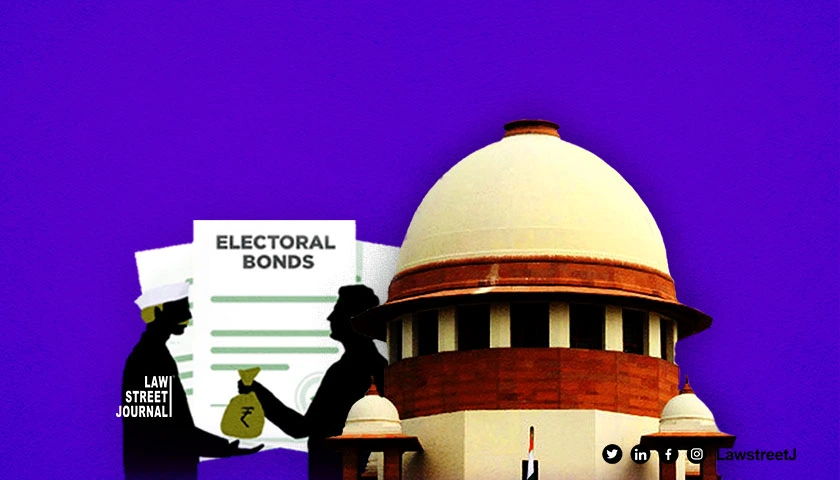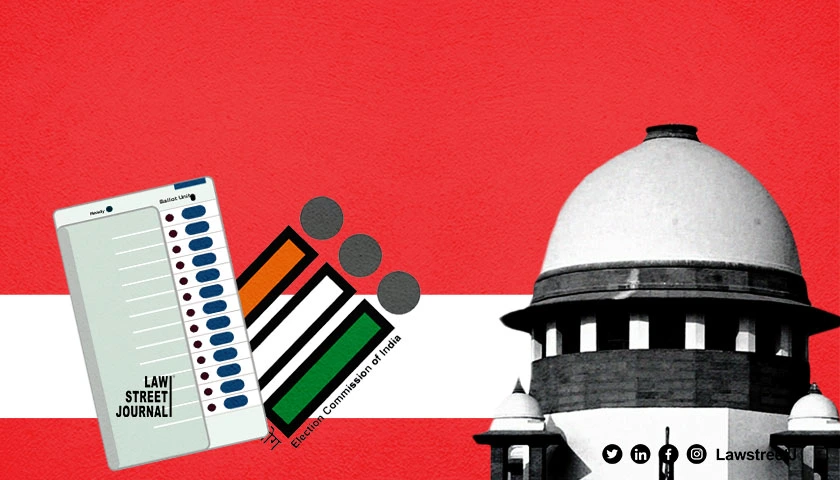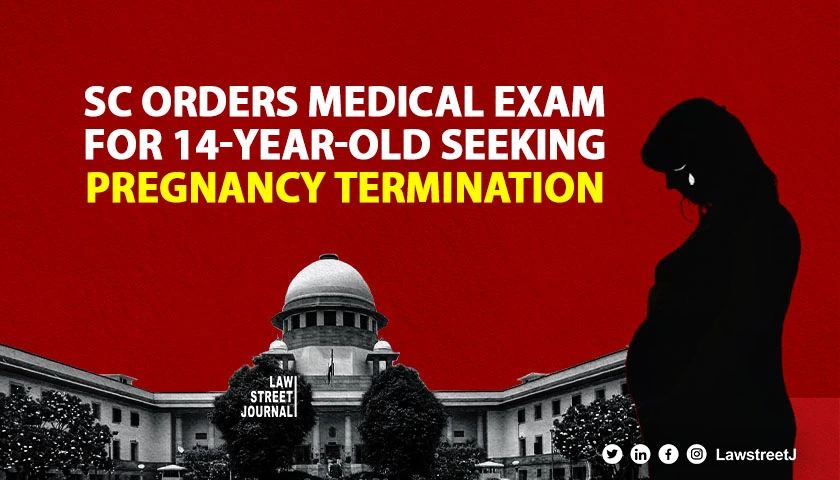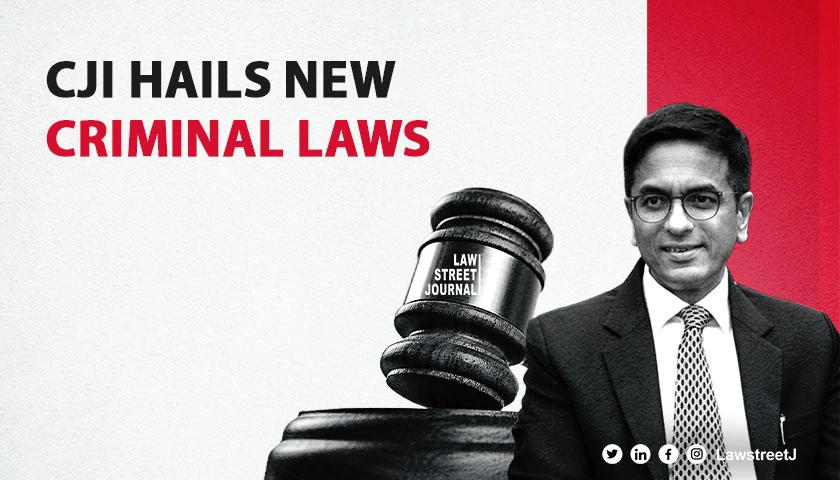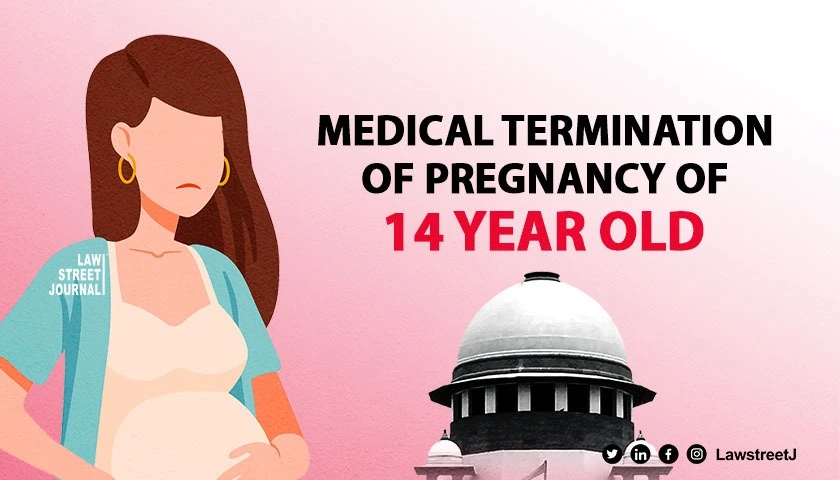The National Green Tribunal (NGT) on October 23, 2018, in the case of Verhaen Khanna & Ors v. Union of India & Ors. has cleared the way for the redevelopment of the Integrated Exhibition-cum-Convention Centre at Pragati Maidan, New Delhi by the India Trade Promotion Organisation (ITPO).
In an order passed pursuant the decision, the NGT dismissed a challenge made to the Environmental Clearance (EC) given for the project by the Ministry of Environment, Forests and Climate Change (MOEF) in July 2017.
The appellant had assailed the EC inter alia on the following grounds:-
- The preparatory works on the project had already been initiated even before the application for Environmental Clearance was submitted by the project proponent to the Ministry of Environment Forest and Climate Change (MoEF&CC).
- Construction of the project had begun without obtaining mandatory consents under the provisions of the Air (Prevention and Control of Pollution) Act, 1981 and Water (Prevention and Control of Pollution) Act, 1974.
- The impugned Environmental Clearance had been issued in complete violation of the EIA Notification, 2006 as the appraisal procedure followed in respect of the project did not conform to the provisions of the Notification which were stated to be as follows:
- Relevant impact assessments were not properly carried out, including those with respect to the cutting of trees, traffic congestion, ambient air quality standards and the increase in air pollution levels.
- Baseline studies were conducted before the Terms of Reference (ToR) was communicated to ITPO.
- There was no clarity or information was lacking on water usage, groundwater extraction, waste management etc. in the Environmental Impact Assessment report.
The appellant contended that the project was approved by the Expert Appraisal Committee (EAC) of the MOEF only on the basis of the ITPO’s statements, without applying its independent mind.
However, the Bench headed by ChairmanA.K. Goel and comprising members Jawad Rahim, S.P. Wangdi and Nagin Nanda taking into consideration the facts and circumstances stated that “all the concerns expressed by the applicant in the appeal appear to have been adequately taken care of. A close examination of the EIA Report reveals that all relevant factors relating to environment have been duly considered. While granting the impugned Environmental Clearance, the recommendations of the Expert Appraisal Committee (EAC) which was based on the EIA Report, appear to have been taken due care of and specific conditions imposed for ensuring compliance of the recommendations of the EAC.”
Further, the Bench also observed that the “present project is not a completely new one being undertaken on a new unbroken site but is apparently one to replace pre-existing infrastructure on the same site with almost the same extent andmagnitude.”
Moreover, on the question of whether baseline studies were conducted in line with the mandatory ToR, the NGT took note of the MOEF’s submission that a second EIA report was submitted by ITPO after conducting further baseline studies as required by the ToR.
On the remaining issue that the construction of the project had begun without obtaining mandatory consents under the provisions of the Air (Prevention and Control of Pollution) Act, 1981 and Water (Prevention and Control of Pollution) Act, 1974. This infraction was undisputed by the concerned authorities as well.
However, the Bench held that it was up to the pollution control authorities to deal with such statutory violations. It opined that the NGT’s role would only arise once the orders passed by such regulatory authorities are sought to be challenged.
“In our considered opinion, violations of the provisions of the Air (Prevention and Control of Pollution) Act, 1981 and Water (Prevention and Control of Pollution) Act, 1974, are governed by the provisions contained in the statutes that stipulates the consequences therefor and it is for the regulatory authority to take appropriate actions. Appeal lies against the orders before the Appellate Authority and this Tribunal against the orders passed by the regulatory authority,” the Bench said.
Dismissing the appellant’s challenge, the NGT said that “the examination and scrutiny of the process does not reveal any substantial deficiency so as to vitiate the Environmental Clearance… the principle concerns raised by the Appellant in respect of Environmental Clearance do not appear to be justified.”
However, the Bench directed the MOEF and other regulatory authorities to carry out “physical inspections of the project site…periodically to ensure that the conditions of the Environmental Clearance are complied with both during the construction and the operational phases.”
![NGT Clears Way For Redevelopment Of ITPO Complex At Pragati Maidan [Read Order]](/secure/uploads/2019/08/lj_6130_NGT-Clears-Way-For-Redevelopment-Of-ITPO-Complex-At-Pragati-Maidan-Read-Order-768x392.jpg)

